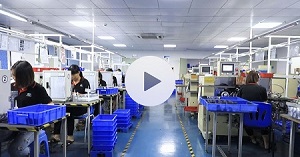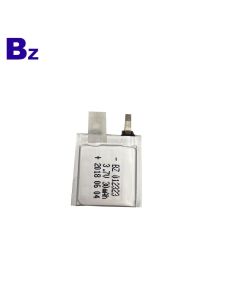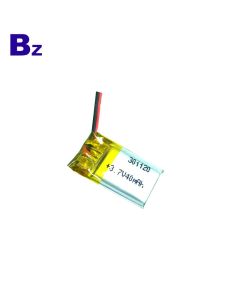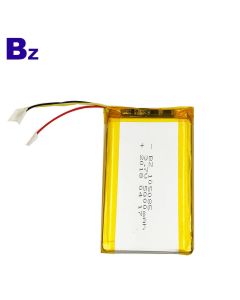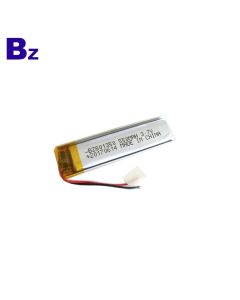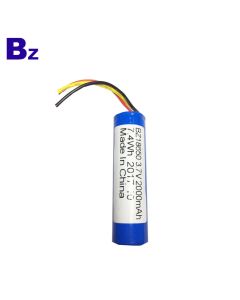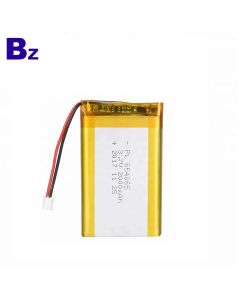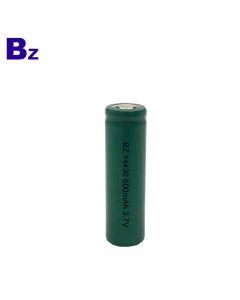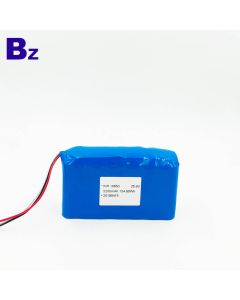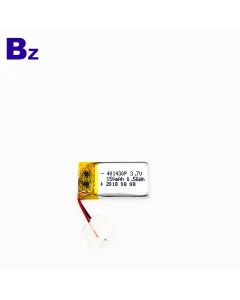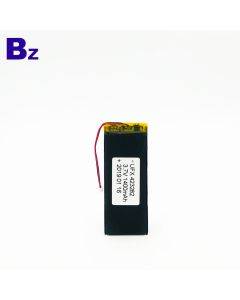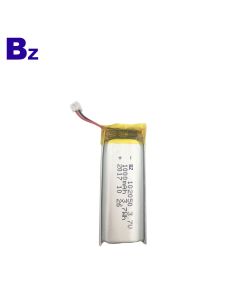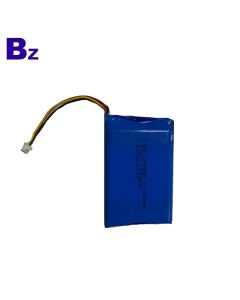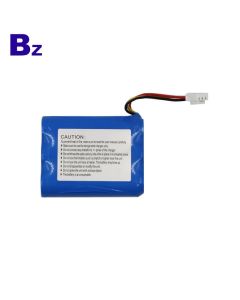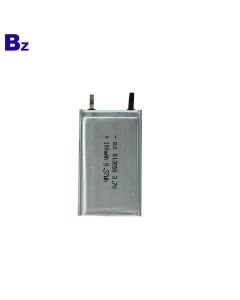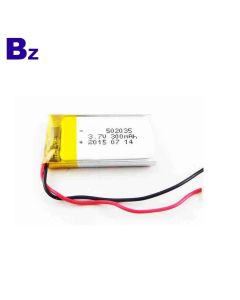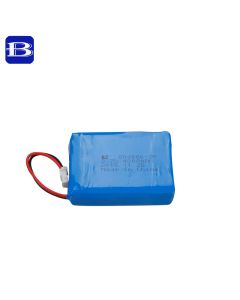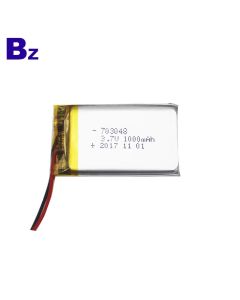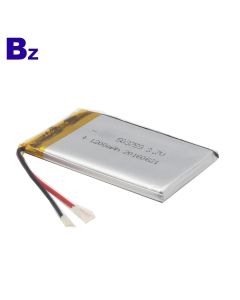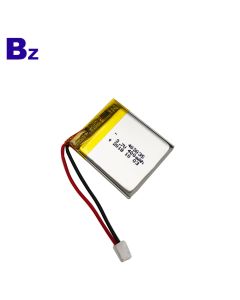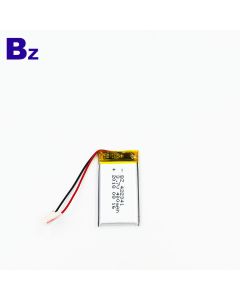About Benzo
Best Selling Batteries
Benzo Battery News
What are the optimal charging voltage and current for lithium-ion polymer batteries?
In an era when the fast charging power of smartphones exceeds 200W, people often only focus on the charging speed, but ignore the scientific logic behind the charging parameters. As the power heart of modern electronic devices, the charging management of lithium-ion polymer batteries can be called a precise human surgery - it is necessary to ensure energy delivery efficiency and maintain battery health. This article will deeply analyze the setting principle and practical value of its optimal charging parameters.
What are the hazards of overcharging and discharging lithium-ion polymer batteries?
In the comment area of news reports about smartphones suddenly catching fire, users can always see doubts about the safety of lithium batteries. As the power core of modern electronic devices, lithium-ion polymer batteries have penetrated into every corner of life with their high energy density and flexible form. Although this advanced battery technology using solid polymer electrolytes is safer than traditional liquid lithium batteries, it still has hidden dangers that cannot be ignored - the safety problems caused by overcharging and discharging are becoming a time bomb in the smart era.
How to improve the expansion and deformation of batteries?
Battery expansion and deformation (commonly known as "bulging") is a common problem for users of mobile phones, laptops, and electric vehicles. It not only affects the appearance of the equipment, but also hides the risk of short circuit and combustion. Starting from the principle, this article reveals the cause of bulging and provides user-level prevention tips and industry-level technical solutions.
What to do if lithium battery electrolyte leaks?
Lithium batteries provide power for modern devices, but the volatilization and leakage of their core material, electrolyte, are hidden risks. Electrolytes are usually composed of organic solvents (such as carbonates) and lithium salts (such as LiPF₆). Once leaked, they will not only corrode the equipment, but also release toxic gases. This article will analyze the causes of leakage and provide practical prevention and response solutions.
What is the difference between fast charging and standard charging of lithium polymer batteries?
Lithium polymer batteries (LiPo) are widely used in smart phones, drones, wearable devices and other fields due to their high energy density, thinness and flexibility. However, many users have doubts about the difference between "fast charging" and "standard charging": Is fast charging safe? Why do you sometimes need to choose slow charging? This article will reveal the core difference between the two from the perspective of technical principles, performance impact and practical application.
Our Lithium Battery Certification








